Biodiversity Loss in Switzerland in Six Graphs

Send us a link

If we act now, scientists say, we can prevent human-caused extinctions wiping out our planet’s wildlife.
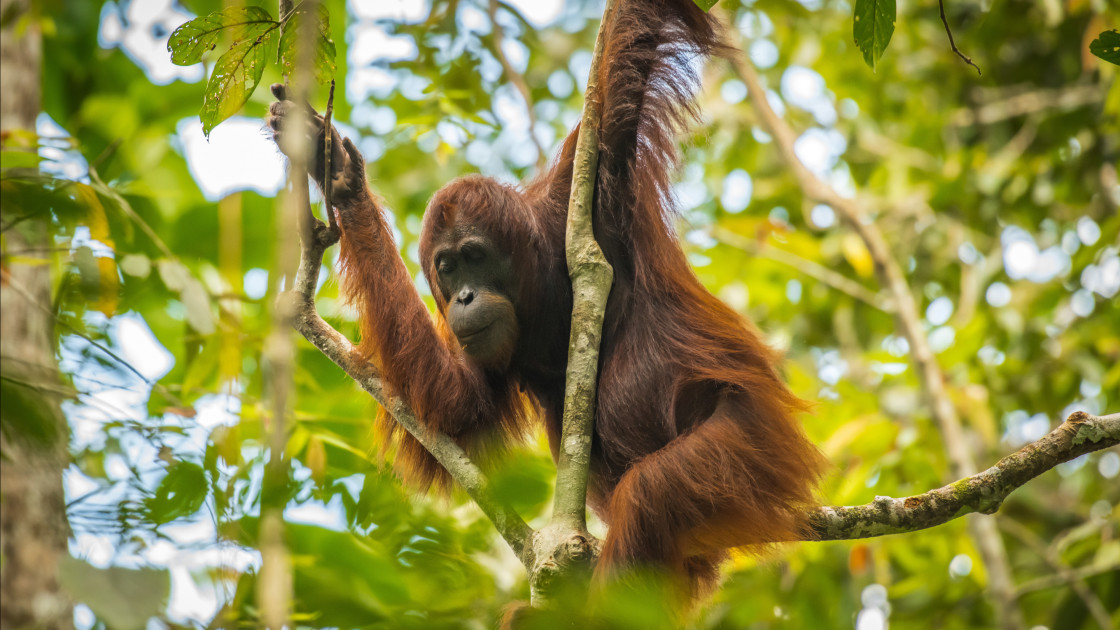
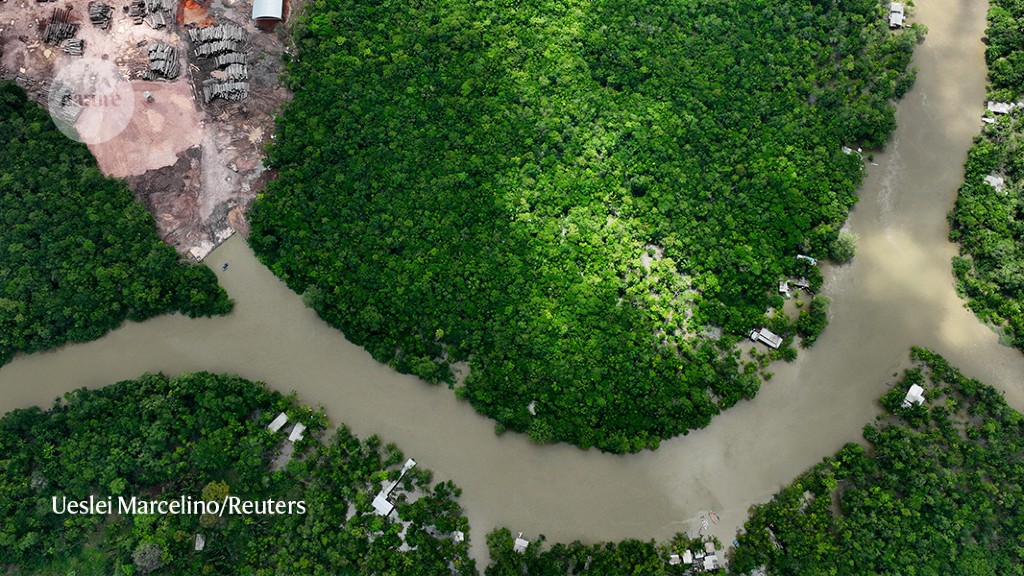
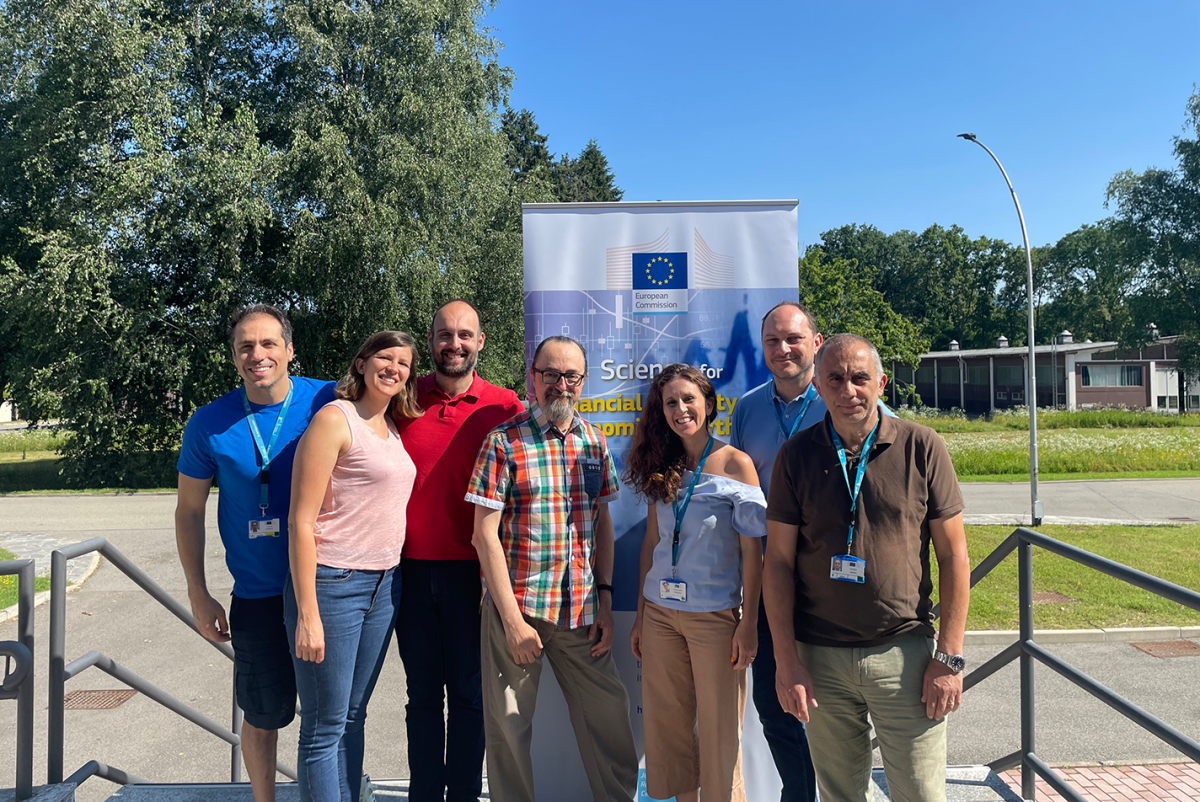
Researchers have explored the creation and implications of Sweden's 'green infrastructure' policy, an approach identified by the European Commission as a potential strategy to protect biodiversity and create healthy, resilient ecosystems.

Canada's commitment to halt biodiversity loss can only be realized by weaving together Indigenous and non-Indigenous knowledge.

An international panel of scientists has identified 100 of the most important questions facing plant science.

The world is losing species alarmingly fast. The Intergovernmental Science-Policy Platform on Biodiversity and Ecosystem Services (IPBES), an independent science and policy group, says a million species face extinction. Few animals bring these unsettling losses into sharper focus than birds: Populations of 49% of avian species are decreasing, according to a September 2022 report by […]

Scientists raced to gather the strongest ever biodiversity evidence base. Time is running out to use it.

Genome analysis shows that most Australian rabbits are descendants of wild rabbits shipped to near Melbourne in 1859.
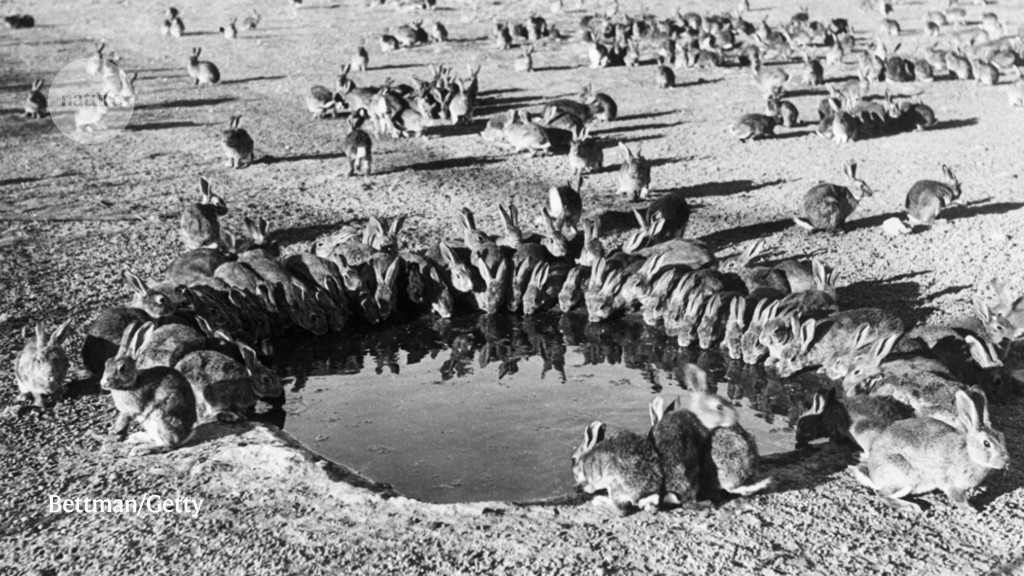
Editorial: We should be keeping endangered species alive rather than bringing animals back from extinction.
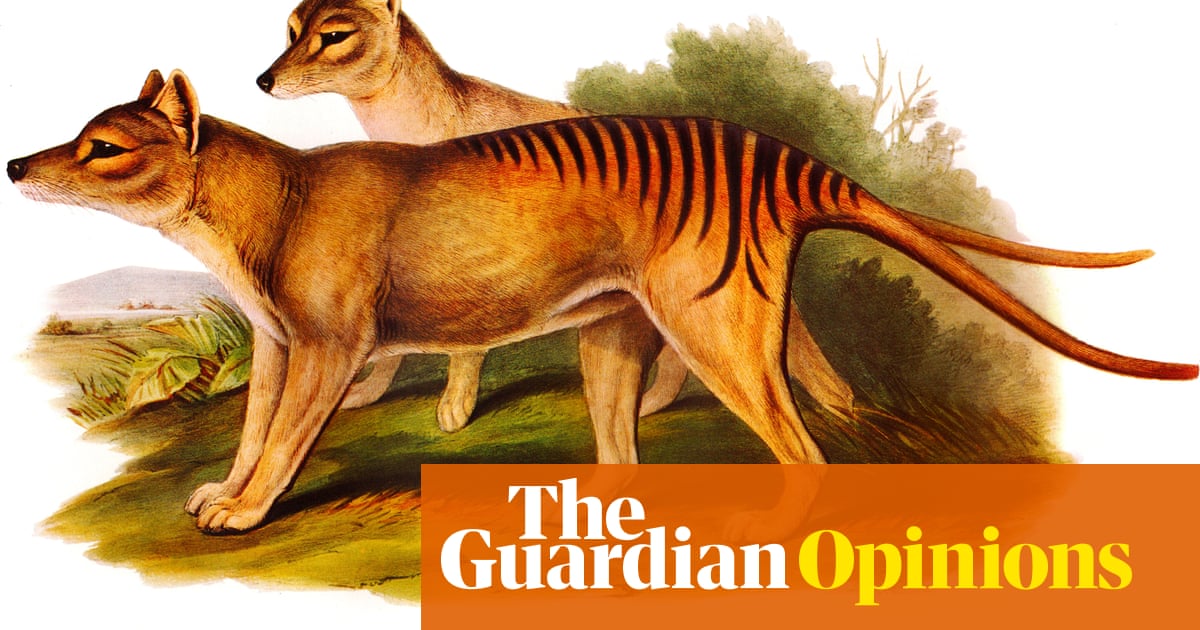
We hastily dispose of dead whales, ignoring the ecological significance of their carcasses.

Natural History Museum scientists seek to unlock mysteries of deep sea but some fear activity will disturb diversity of the depths
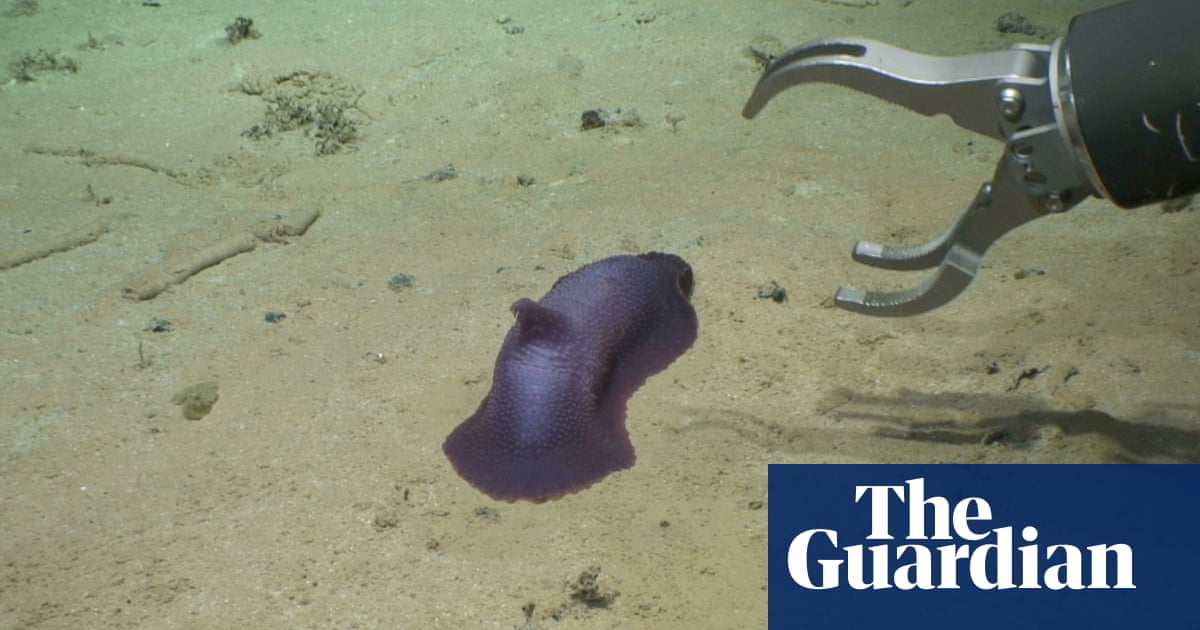
For sea life, the ocean is becoming an intolerable racket.

The values that we ascribe to nature are vital parts of our cultures, identities, economies, and ways of life, all of which should be reflected in policy decisions surrounding our natural world, according to a new UN-backed report released on Monday.
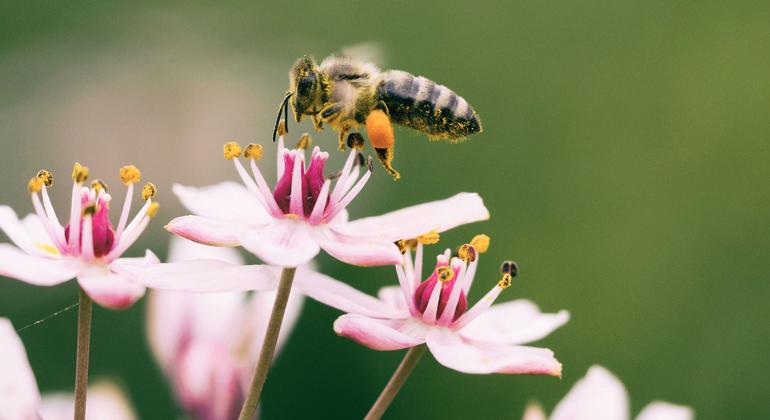
A new wave of scientists argues that mainstream evolutionary theory needs an urgent overhaul. Their opponents have dismissed them as misguided careerists - and the conflict may determine the future of biology

Just a few years from now, herds of woolly 'mammoths' could be roaming the Siberian tundra. Are dodos and dinosaurs next for de-extinction?

While the planetary boundary framework provides one way of understanding biodiversity or biosphere integrity loss, there are many other measures of biodiversity loss — and all point toward the fact that we are continuing to dangerously destabilize life on Earth.
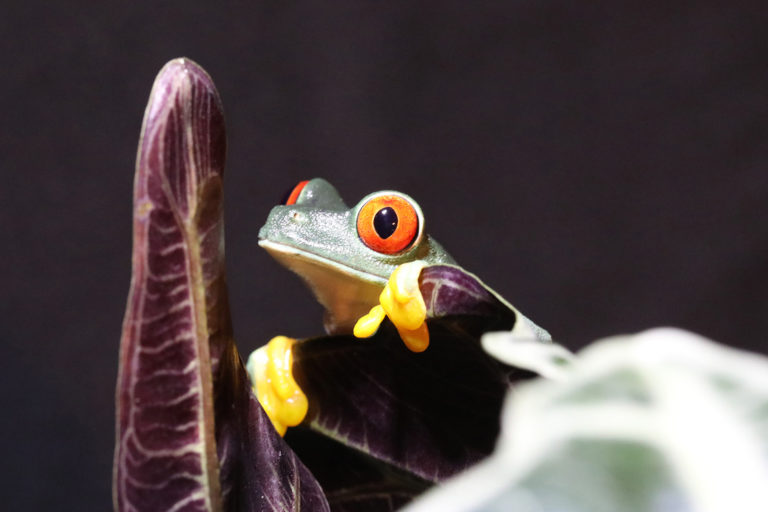
They look so "alien," but octopuses feel and remember pain like we do. We can track their emotional reactions. But their deeper feelings are a mystery.

Build a major genomics resource on the continent to help breeders and conservationists.
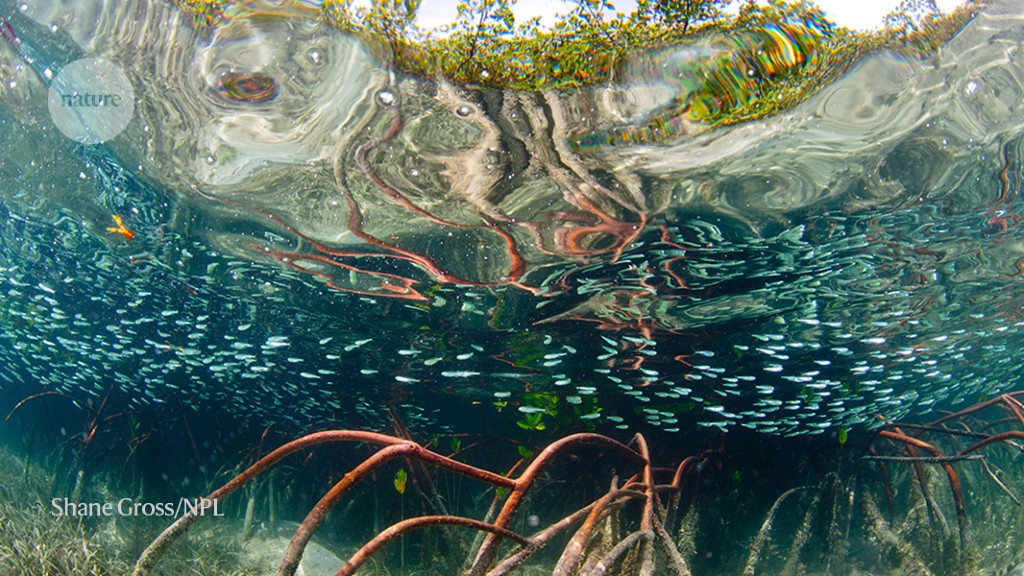
The right to a healthy environment and a safe climate for all should be on the agenda for the proposed Citizens' Assembly.
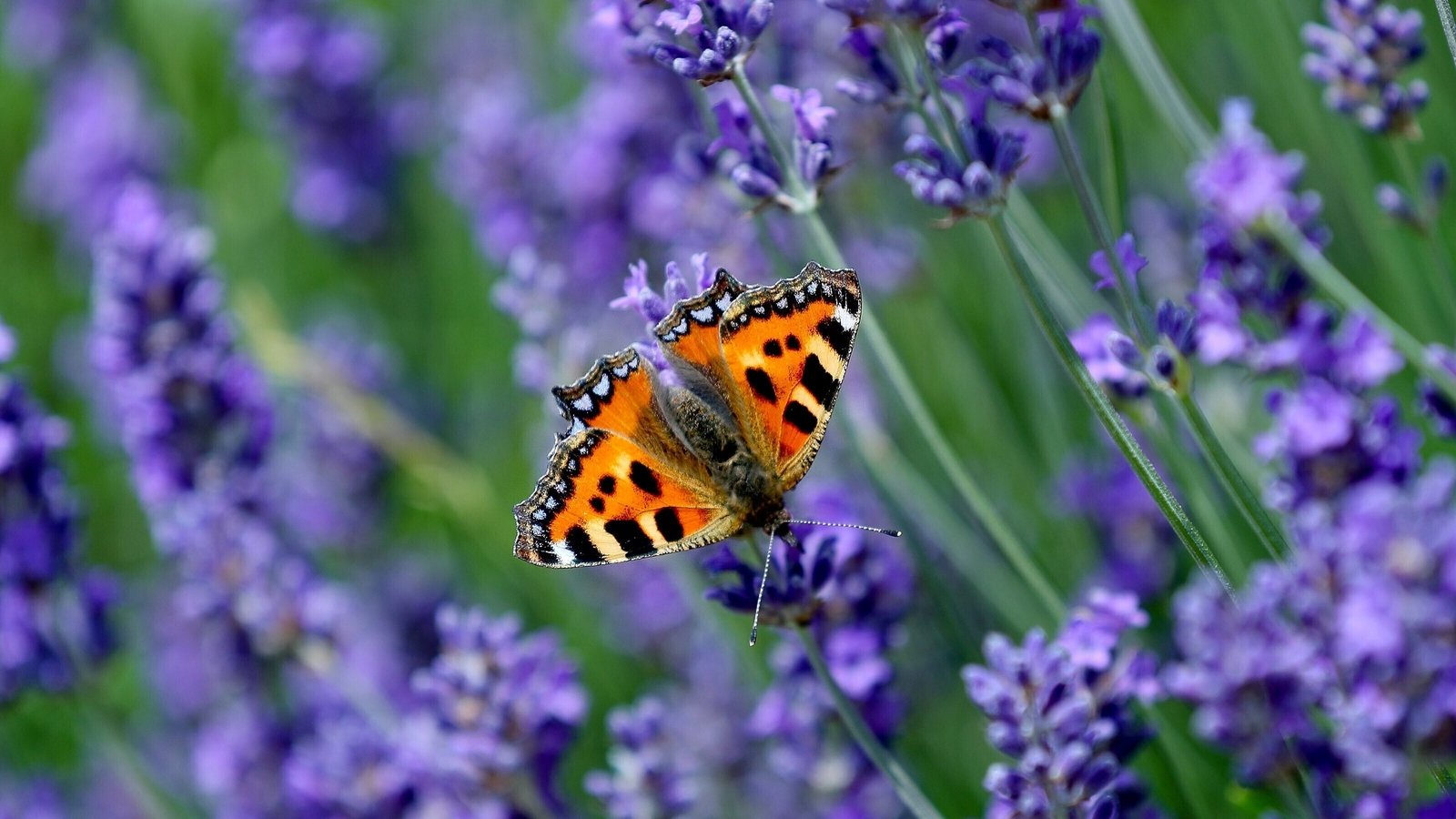
Urine and faeces creating nitrogen and phosphorus levels that would be illegal on farms, scientists calculate

The Earth BioGenome Project (EBP) is an audacious endeavor to obtain whole-genome sequences of representatives from all eukaryotic species on Earth. In addition to the project's technical and organizational challenges, it also faces complicated ethical, legal, and social issues. This paper, from members of the EBP's Ethical, Legal, and Social Issues (ELSI) Committee, catalogs these ELSI concerns arising from EBP. These include legal issues, such as sample collection and permitting; the applicability of international treaties, such as the Convention on Biological Diversity and the Nagoya Protocol; intellectual property; sample accessioning; and biosecurity and ethical issues, such as sampling from the territories of Indigenous peoples and local communities, the protection of endangered species, and cross-border collections, among several others. We also comment on the intersection of digital sequence information and data rights. More broadly, this list of ethical, legal, and social issues for large-scale genomic sequencing projects may be useful in the consideration of ethical frameworks for future projects. While we do not-and cannot-provide simple, overarching solutions for all the issues raised here, we conclude our perspective by beginning to chart a path forward for EBP's work. There are no data underlying this work.
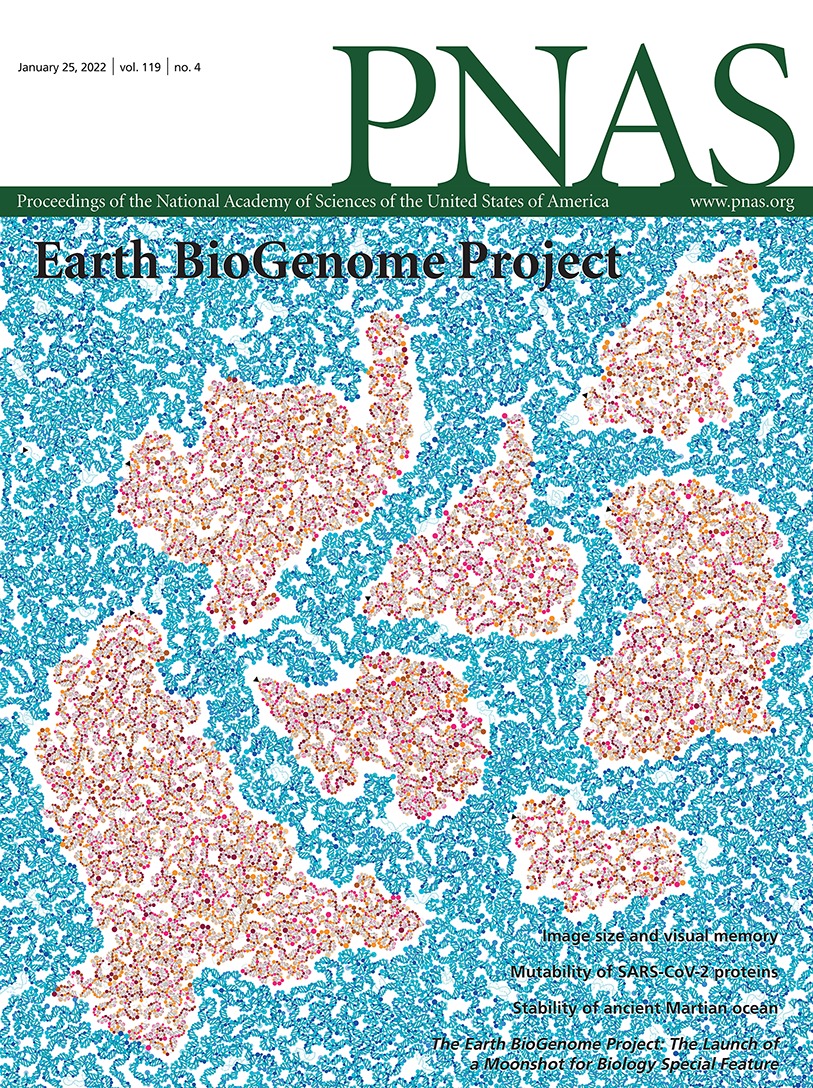
Birdsong has long connected humans to nature. Historical reconstructions using bird monitoring and song recordings collected by citizen scientists reveal that the soundscape of birdsong in North America and Europe is both quieter and less varied, mirroring declines in bird diversity and abundance.
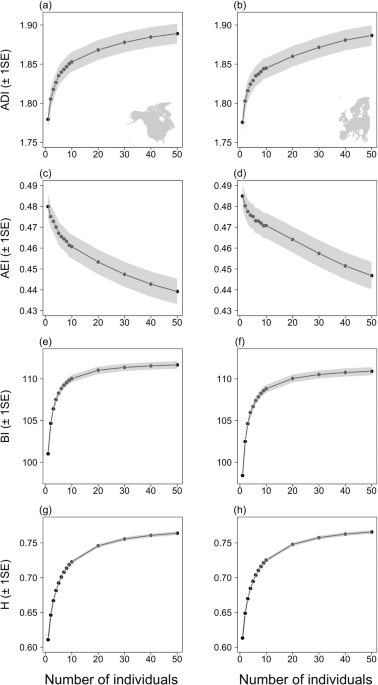
Study shows collaboration between civil society and academia achieving progress toward the goals of the UN Ocean Decade

It is simply not possible to carry on at the current level of economic activity without destroying the environment, says Guardian columnist George Monbiot
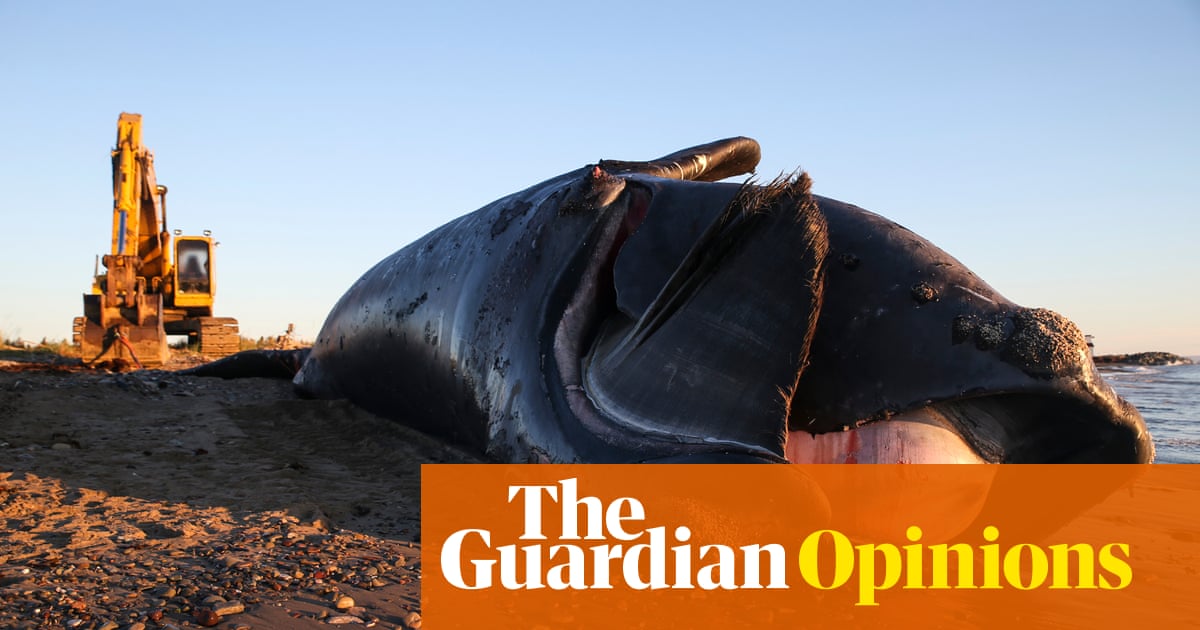
Mari Pangestu represented the World Bank at the International Union for Conservation of Nature (IUCN) World Conservation Congress in September 2021, speaking at a high-level dialogue on Unlocking a Nature-Smart Recovery from the pandemic and also an event recognizing the progress.
IPBES, the international panel of leading biodiversity researchers, should be consulted on how best to measure species loss.
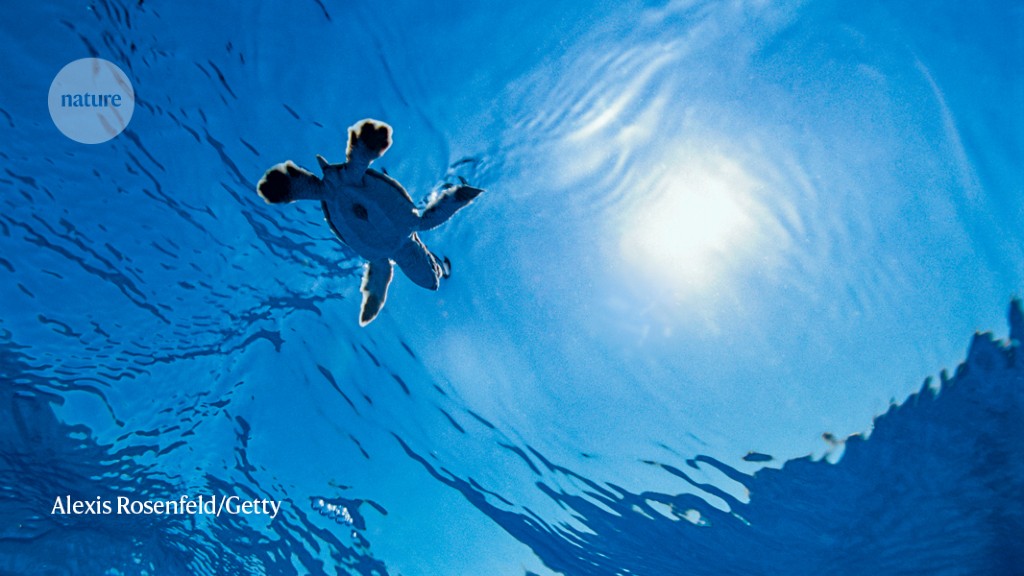
Some females found to have evolved to have bright plumage, which seems to protect against male aggression, study suggests.
